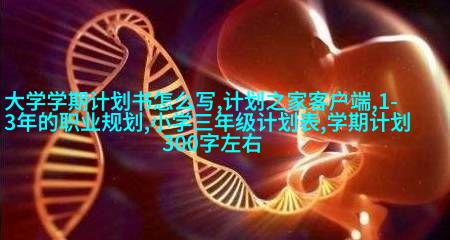在探讨甲状腺结节饮食管理时,一个重要的方面是了解何种食物对甲状腺健康有积极影响,以及那些应该限制摄入或避免的食品。对于患有甲状腺结节的人来说,通过调整饮食习惯,可以帮助缓解症状、改善生活质量,并在某些情况下甚至可能减轻病情。

首先,我们需要了解什么是甲状腺结节。它是一种在甲状腺组织中形成的小型肿块,有时可以无症状,但也可能引起各种各样的症状,如压迫感、咽喉痛、发声困难等。此外,它还可能伴随着体重变化、疲劳感和皮肤问题。
营养素与其作用

碘元素
碘元素对于保持正常的甲狀腺功能至关重要。在人体内,碘被转化为三碘丙酮(T3)和三碘吡啶(T4),这两种激素参与调控多种生理过程,如心率控制、代谢率调节以及神经系统功能。然而,在摄入过多或过少的碘的情况下,都会对身体造成不利影响,包括增加患上癌症和其他疾病的风险。

硒元素
硒同样是一个关键营养素,对于维持免疫系统健康至关重要。在一些研究中发现,硒水平低下的个体更容易发展出慢性炎症,这可能加剧了许多疾病状态。这意味着确保足够的硒摄入非常重要,以支持整体健康。

鸭蛋与海鲜中的维生素D
维生素D plays a crucial role in maintaining strong bones and teeth, as well as supporting immune function. However, it's also been suggested that vitamin D may have a role in thyroid health. Research has shown that individuals with hypothyroidism (underactive thyroid) tend to have lower levels of vitamin D compared to healthy individuals.

选择适当食品
海产品中的钾和镁
Seafood such as salmon and mackerel are rich sources of potassium and magnesium, both essential for maintaining good heart health. Additionally, these nutrients play roles in nerve function and muscle contractions.
蔬菜中的纤维
Fiber is an essential nutrient found primarily in plant-based foods such as fruits, vegetables, whole grains and legumes. It helps regulate digestion by promoting regular bowel movements and preventing constipation.
避免不良食品选项
高糖分含糖食品及饮料
Consuming high amounts of sugar can lead to weight gain which can exacerbate symptoms associated with hypothyroidism or hyperthyroidism (overactive thyroid).
结论
In conclusion, the food we eat plays a significant role in managing our overall health particularly when dealing with conditions like thyroid problems. By making informed choices about what we consume daily - focusing on nutrient-rich foods while avoiding those that could potentially cause harm - patients suffering from goiter or other related disorders can improve their quality of life significantly.
Moreover, understanding how certain nutrients work together within the body provides valuable insights into how dietary changes can impact our wellbeing positively or negatively. With proper education on nutrition management strategies tailored specifically for one's needs based on their unique condition status will be able to effectively manage symptoms while seeking appropriate medical treatment options if necessary.
